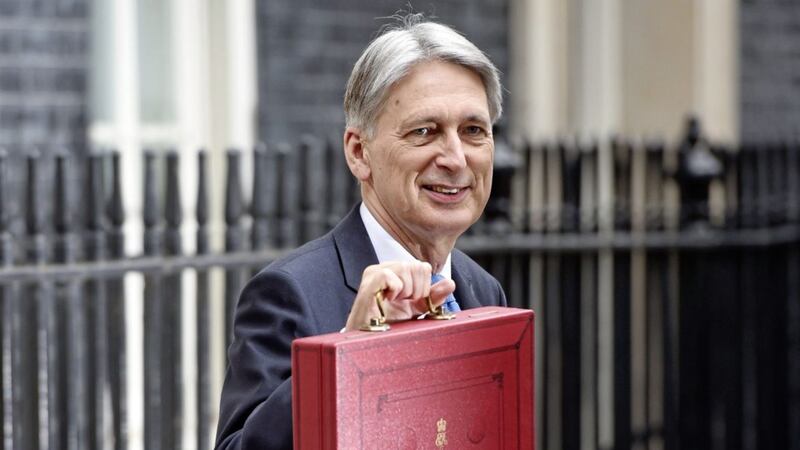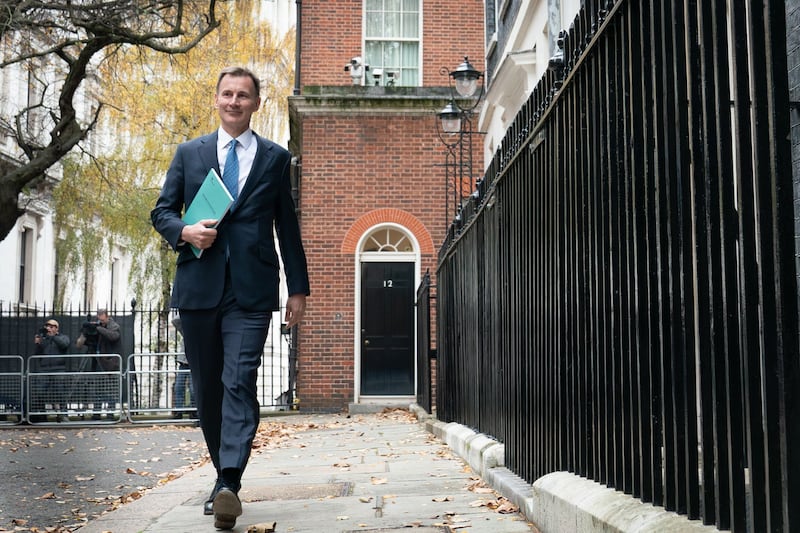GOVERNMENT borrowing fell to its lowest level in 10 years last month according to the latest official data.
Figures from the Office for National Statistics (ONS) show public sector net borrowing, excluding state-owned banks, fell by £200 million to £8.7 billion in November. Defying economist predictions borrowing would reach £9 billion, it is the lowest November total since 2007 and is largely due to higher VAT, income tax, national insurance and stamp duty receipts.
The deficit excluding banks for the current financial year - April to November - also hit its lowest level in a decade, dropping by £3.1 billion to £48.1 billion over the period.
The UK's fiscal watchdog slashed its expectations for Government borrowing this year to £49.9 billion in the Autumn Budget, but hiked the outlook for 2019 and beyond as it expects paltry productivity growth to drag on the UK economy.
Updating on its forecasts last month, the Office for Budget Responsibility (OBR) called into question the Chancellor's target for balancing the books within the next Parliament, saying the Government may not eradicate the deficit before 2031.
PWC's chief economist John Hawksworth said the latest figures were encouraging.
"Public borrowing in November was broadly unchanged from last year, but for the financial year to date the budget deficit is running around £3 billion less than in the same period last year.
"This reflects central government receipts growing at around 4 per cent, while central government spending has only been rising at around 3 per cent.
"VAT, income tax, National Insurance and stamp duty revenues have all been growing at a reasonable rate so far this year.
"As the OBR has indicated, however, self-assessment receipts in early 2018 may be less strong than in early 2017, so today's figures still leave public borrowing on track to come in at around £50 billion in 2017/18 as a whole."







